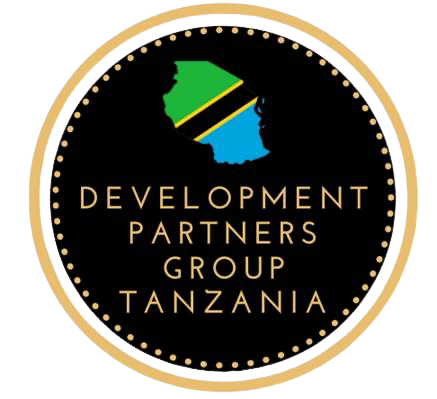/ About the Development Partners Group Tanzania
Working with the government and the people of Tanzania in pursuit of a better future
The Development Partners Group (DPG) in Tanzania comprises 17 bilateral and 5 multilateral agencies (UN counts as one) working with the government and the people of Tanzania in pursuit of a better future. The group was established to promote principles of Aid Effectiveness in development assistance to Tanzania. This involves structured dialogue and engagement between Development Partners (DPs) and the government in high-level forums, through different sector and thematic groups and core reforms with a view of achieving harmonization, promoting coordinated policy dialogue and reducing transaction costs in the management and administration of aid to Tanzania.
The approach of the DPG to aid management promotes not only a greater sharing of ideas and strategies between government and development partners, but also strongly supports national ownership and leadership of aid cooperation in general and the aid effectiveness agenda in particular. This creates a robust foundation for the government to steer ahead its own development agenda.
The DPG meets on a monthly basis to address policy as well as harmonization and alignment issues, and its work is supplemented by more technical dialogue at sector and thematic areas with relevant ministries.
DPG is chaired by two Co-Facilitators; the UN Resident Coordinator holds a permanent seat, while the other Co-Facilitator is selected on an annual basis among the Bilateral Development Partners.
Tanzania has been implementing aid management reforms as part of the broader economic reforms since the 1990s. As early as 1994 an independent group was appointed to improve the relationship between the Government of Tanzania (GoT) and the development partners. The independent group, chaired by Professor Gerald Helleiner, launched their report in 1995 which initiated the aid effectiveness and harmonization efforts in Tanzania
The Government of Tanzania has made good progress in fostering closer relations between the government and its development partners through implementing the Tanzania Assistance Strategy (TAS) and Joint Assistance Strategy for Tanzania (JAST). The process of enhancing partnership relations has been led by the Independent Monitoring Group (IMG). Independent monitoring is at the heart of Tanzania’s mutual accountability structures. Independent monitoring and evaluation have been undertaken since 1994, followed in 1997, 1999, 2000, 2002, 2005 and 2010.
Following the completion of the 2010 IMG on Overseas Development Assistance (ODA) and Aid Effectiveness, which outlined a number of challenges in the existing development cooperation, key issues emerging from the report were discussed in several forums between GoT and DPs. Under the leadership of the JAST Working Group, GoT and DPs jointly prepared a roadmap as a response to IMG.
The KABERUKA process
In 2015, The GoT and Development Partners recognized that the development landscape of Tanzania was changing and that it was time for a maturing of the relationship as Tanzanian moves towards Middle Income Statute and redoubles its ambition to industrialize.
The Government of Tanzania requested a team of highly experienced individuals: Donald Kaberuka, Jim Adams, Steve Kayizzi and Mugisha Kamugisha to facilitate high level talks with the aim of re-setting the dialogue structures and relationships to make them fit for purpose.
The approach to the talks was intended to build trust, to be innovative, and to focus on what will work best for the development of Tanzania. This included reviewing the partners in the development conversation, the instruments used, and the way Government and DPs resolve sensitive issues.
Resources and documents
-
Key documents
